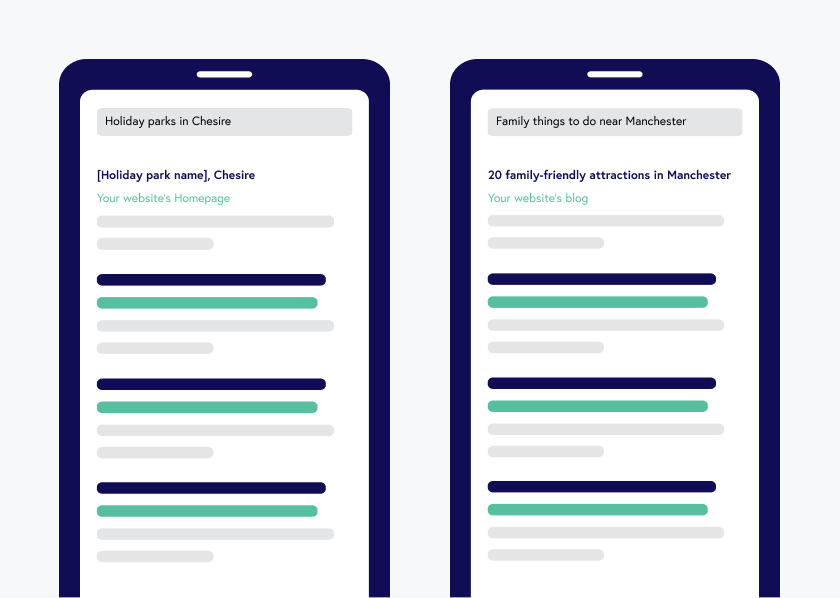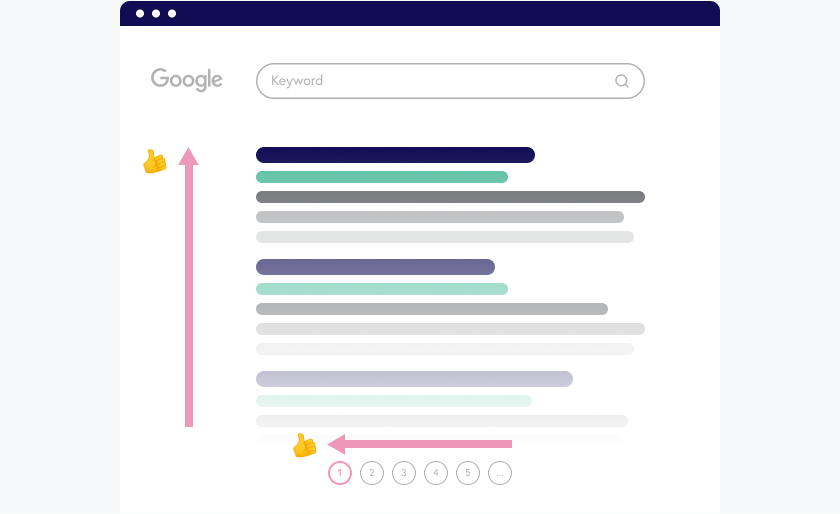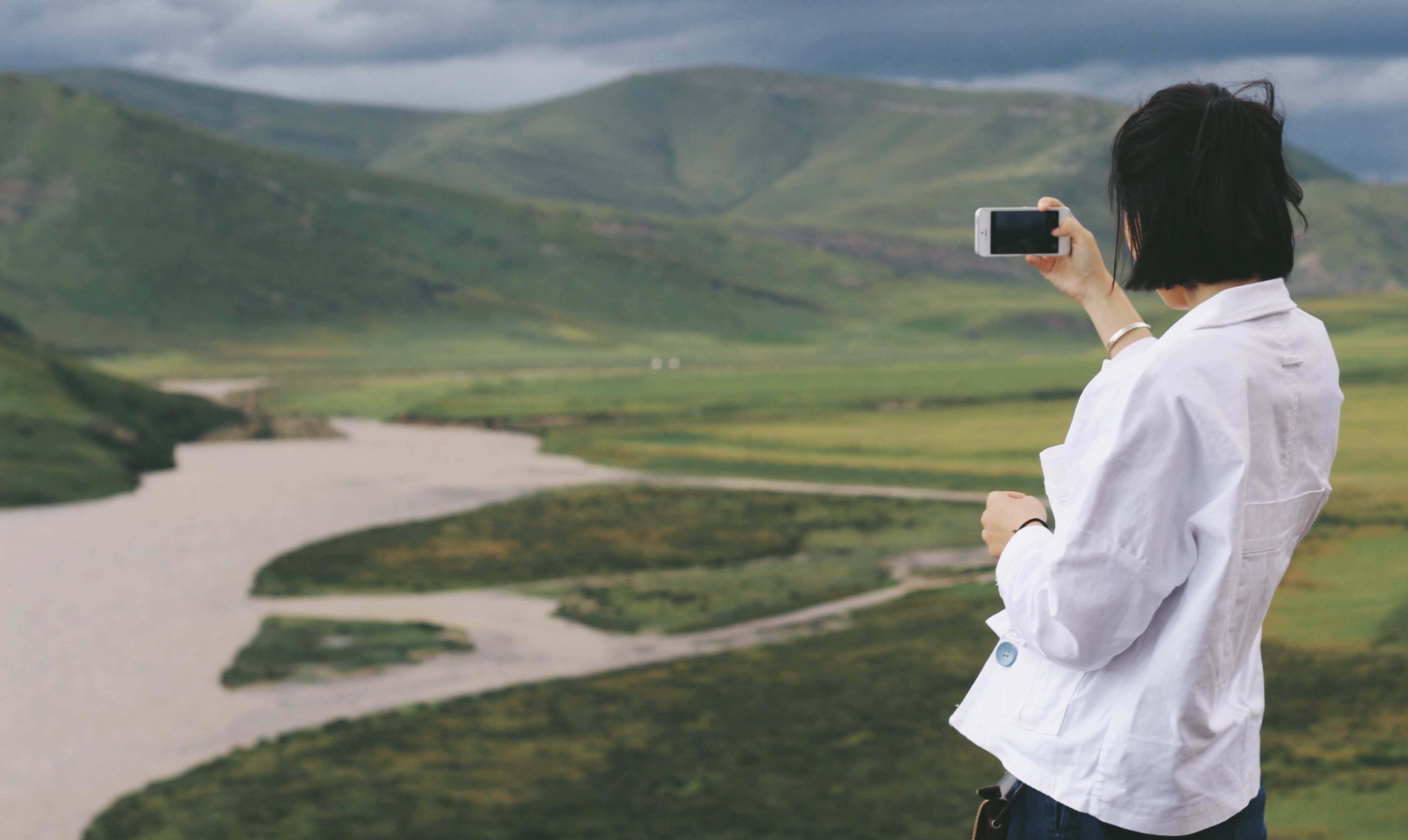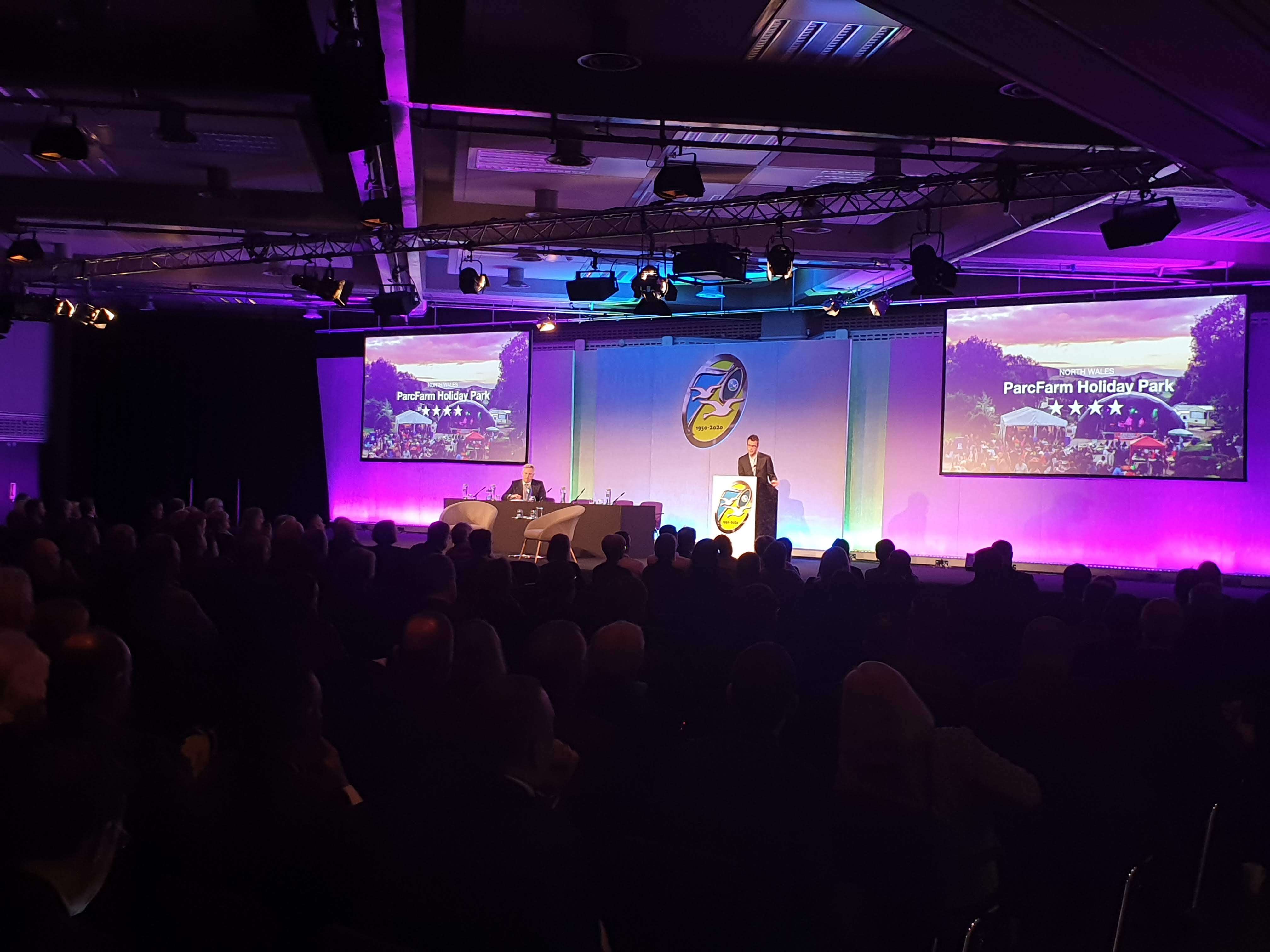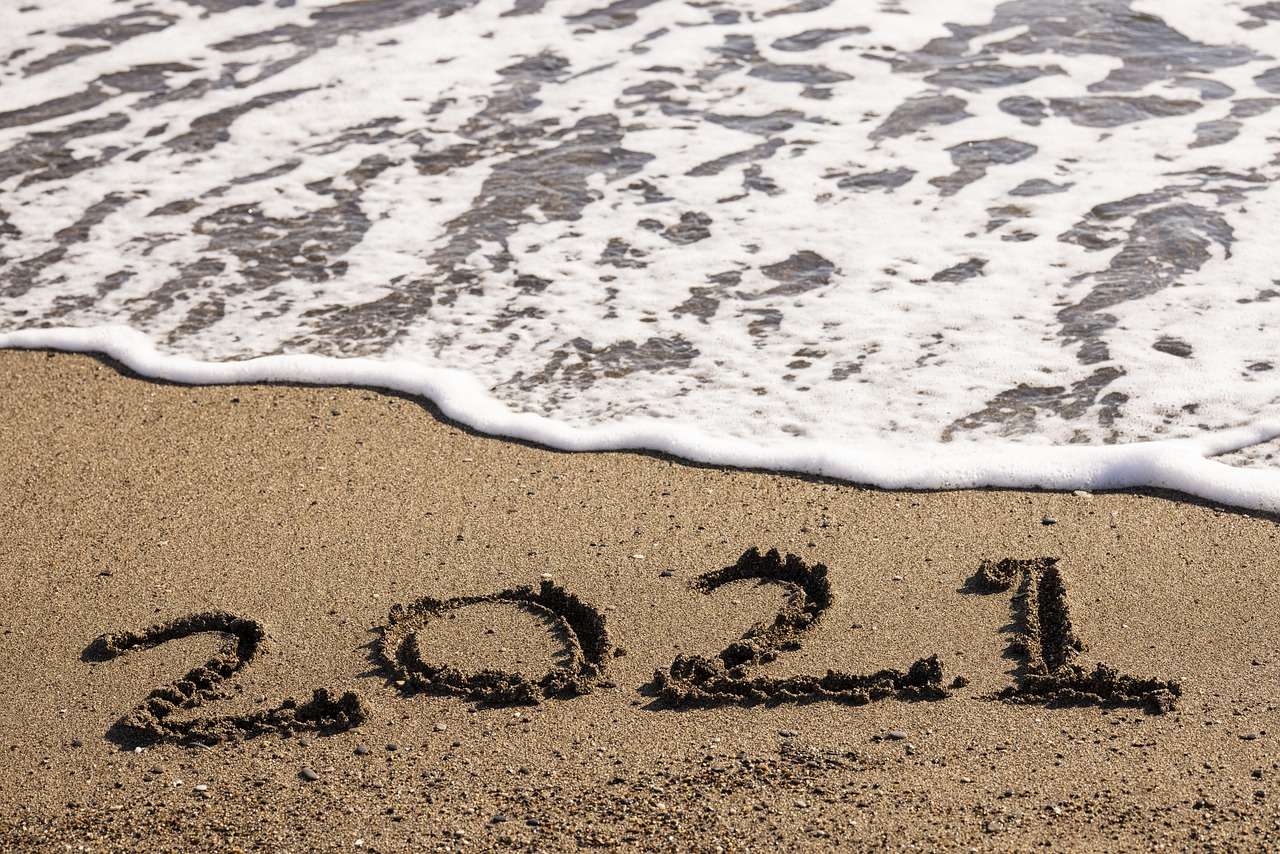How to optimise your website for Search Engines [Guide] [Infographics]
Feature Article
SEO doesn't have to be confusing
SEO may seem complicated but it’s worth keeping in mind the simplicity of Google’s and Bing’s objectives:
They want to display the best possible results so that the user finds what they are looking for and keeps using their search engine.
Therefore, a lot of SEO boils down to the quality of a website.
For example:

❌ A rushed website with little information, all mashed together on a handful of pages (which take forever to load) and are a pain to navigate, will not rank highly on a search engine.
✅ A fast-loading website that displays relevant information clearly and links people logically to pages that they may be interested in is much more likely to rank highly.
✅ This site will allow the user to easily find the information that they need and so they’ll be more likely to use the same search engine next time.
With this theory in mind, here are some ways holiday parks can improve these 3 SEO sections (we went into more detail about what each means in our article, Search Engine Optimisation - what it means for Park Businesses.
.

1. Technical SEO
The key to Technical SEO is keeping your website running smoothly.
This means that pages load quickly and aren’t jumping about, that everything is as easy to use on mobile devices as it is on computers, and that the website isn’t bogged down with too much content (especially if that content is outdated/not working!)

3 ways to improve your technical SEO:
- 📱 Check that your website is usable on mobile and tablet as well as desktop
- ⏱ See how quickly your website is loading and make suggested improvements
- 🖼 Optimise images before uploading them to keep file sizes small so that pages load quickly
2. Link Building
Links allow us to browse the internet seamlessly - though they’re not all created equal!
External links (any other website with a link to your own) impact your website’s reputation. Internal links (any links on your website to another page also on the site) impact its usability. Both are important!

An example of linking across the internet
External links - Your website’s reputation
✅ Positive external links from popular websites (newspapers, regional websites, big companies) are a boost to SEO - they show search engines that these important sources think your website is reputable.
❌ Negative external links from spammy or smaller websites will negatively affect your SEO. It’s the internet equivalent of associating with dodgy characters.
Unfortunately, there are limited things you can do about negative external links without the use of an SEO expert, so we suggest concentrating on gaining positive links instead.
Internal links - no page left behind!
Unlike external, internal links are completely within your control. It’s basically the process of making sure you can get to every page on your website easily and logically.
4 ways to improve link building:
- 🔗 Check that all of your internal links are working
- 🖥 In Google Analytics, look for pages with high bounce rates, then add some more buttons to these pages to relevant content so people don’t leave your website there
- 📰 If you’ve done anything newsworthy at your park, reach out to publications to see if they’ll cover it so that you can gain new external links
- 🖲 Ensure there are buttons throughout pages, so when someone finishes reading a page, there is a next logical step
3. On-Page/Content SEO
On-Page/Content SEO makes it clear to the search engines the sort of park business you are running and what you provide.

Try to keep individual pages focused on particular topics relevant to your park, rather than going off on tangents or trying to fit too much onto one page.
4 ways to improve on-page/content SEO:
- 🖋 Look for keywords that people are searching for and base a pages’ content around them
- 🖼 Ensure all images have alt text which describes what’s in the image (with keywords)
- 🗂 Use keywords in your headings and make sure they’re ordered hierarchically
- 🌐 Create custom Search Engine snippets (the text you see on a results page) for important pages
Professional SEO Tools
Though we’ve linked some free tools above, there are loads of fantastic paid software which can look at the bigger picture.
Some of the most popular include: Moz, Ahrefs, Semrush, Seranking, Screaming Frog. These are the professional tools which agencies, like Park Kit, use to allow us to dive deeper into our clients’ SEO.
Does an individual park need them all? Probably not, unless you’re really interested in the data. Some offer free trials which can give you a clearer picture of your website and where you need to make improvements.
Slow but steady SEO progress
Hopefully, this article has explained why SEO is crucial for park businesses - it truly is the key to getting your website in front of people searching the internet.

Top tip: Whether you’re just beginning your SEO journey or have already started, bear in mind that SEO changes are not quick fixes. Having a burst of enthusiasm and then stopping for months will not bring positive results.
If you work on SEO with consistency then the quality of your website will improve, which in turn will mean it is better optimised for search engines.
How much time to spend on SEO
Both fixing problems and making proactive improvements can keep the list of SEO tasks plentiful. It depends on the size of your website but here is a rough guide:
- 1 small park website: 4-6 hours per month
- 1 large park/2-3 smaller parks on one website: 7-9 hours per month
- 4+ parks on one website: 10 hours+ per month
Although it depends on how much new content is being added and how confident you are using SEO tools. Doing as much in-house as possible can get you far, but if you want some expertise then we’re here to help.
Feedback on an SEO Audit from Park Kit:

